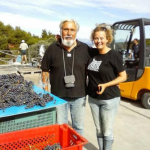December 5, 2019 – A diaspora group championing the small Croatian entrepreneur while fighting the ghosts of socialism. Meet Venatus Jones.
After Agrokor’s Borgs and tales of other advisors cashing in big bucks in shady deals, it’s understandable that business consultants don’t have a good name in Croatia. In fact, following the likes of Kutle, Kerum and Todoric, it’s understandable that Croatians don’t care much for entrepreneurs either.
Venatus Jones, founded by diaspora returnee Eugene Brcic Jones over a year, ago is bent on changing that, offering to make business consulting and coaching accessible to all micro, small and medium enterprises – not just those with deep pockets.
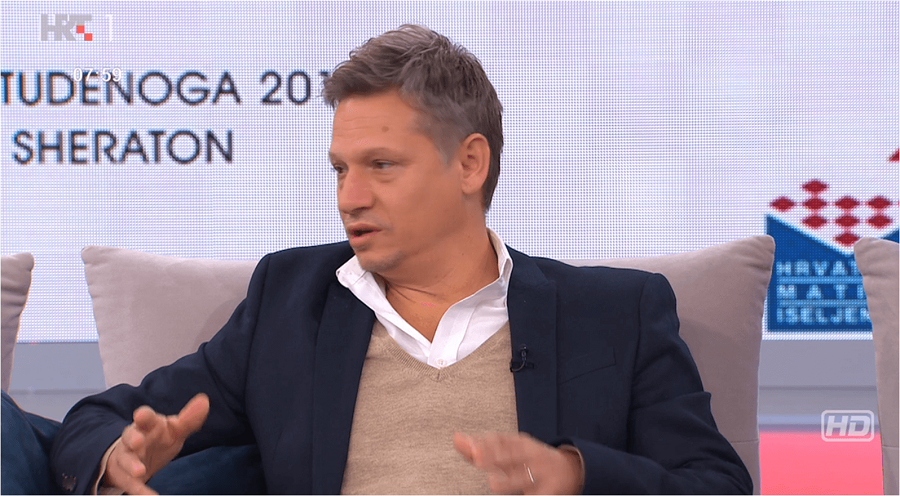
“Our aim is to generate a huge social impact,” said Eugene, a consultant with stints in global giants Vodafone, Red Bull, Heineken and KPMG. “We want to create a massive shift to transform the entire business mentality in Croatia, to get rid of the old socialist mindset and allow genuine free-market attitudes of the West to take over.”
Most businesses here have only heard or studied how the economy works in America, or Germany, or any country in the West, but not many have actually lived and worked in free-markets. Few have run businesses in a strongly competitive environment, where the forces of supply and demand, quality and efficiency, determine which products and services reign supreme, which businesses survive and thrive and which ones flop and fail.
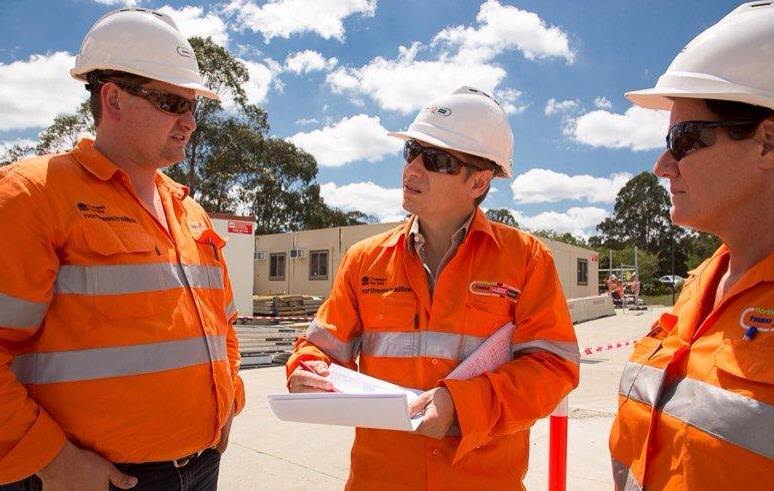
The Croatian system can best be described as crony capitalism and it really needs an army of consultants who have democracy and capitalism ingrained in their DNA to share know-how and promote ethical business practices.
Entrepreneurs need to abandon old ways of working through a “rodjo,” “veze i poznanstva,” “nekog svog,” and embrace concepts like strategy, development, innovation, planning, leadership, teamwork as well as new tools in management, marketing and sales.

It’s a lofty goal, what makes Venatus Jones think they can pull this off?
“After returning to Croatia and struggling to find the best way to make a living for myself and my family, I realised the biggest asset I had to sell was myself, my knowledge and my experience from living and working many years in both Australia and Croatia, but also across the world. I then sat down and developed a 40-week model based on all my mistakes and lessons and blended it all together with golden standards in Western economies, from leading consultancies like McKinsey, Boston, Accenture and AT Kearney among others.”
So what sets Venatus Jones apart?
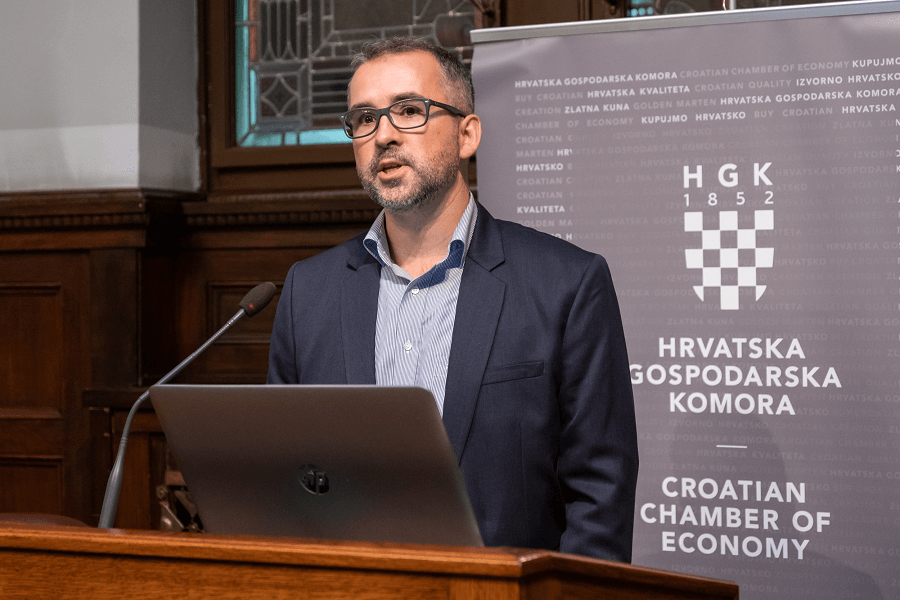
Venatus Jones is run by returnees from diaspora – Gerhard Saric, an operations and EU Funds expert from Germany, Aleksandra Papac, a banking and finance professional from Australia, and Mark Mocnaj, a business coaching and performance specialist from Canada. Chairman of the organisation is Stjepo Bartulica, an American, who heads the libertarian think tank Centre for Renewal of Culture (COK) and was former advisor to President Ivo Josipovic and Prime Minister Tihomir Oreskovic.
“Typically, our parents, friends of our parents and cousins had businesses, so we are driven by a strong passion to help the little man, the average entrepreneur who is doing well, but needs a little bit of extra support to lift their business to the next level,” said Gerhard, who grew up in Germany but has studied and worked extensively in the U.S.
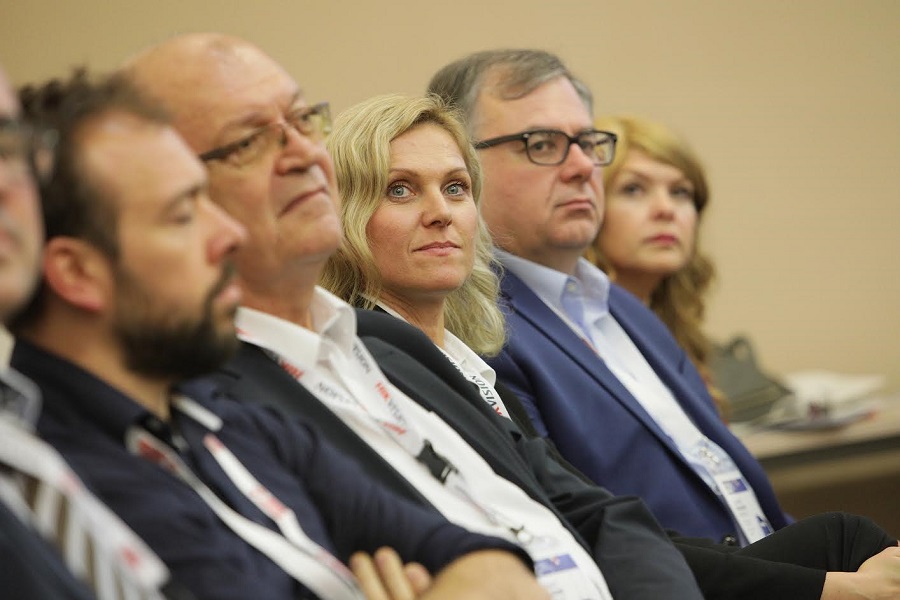
Former Australian Ambassador for Women in Business Aleksandra fled Bosnia during the war and lived in Germany before settling in Australia. Her father started a painting business, while many of her cousins had successful businesses ranging from restaurants to trades in the construction industry.
“Small businesses are the backbone of any economy. The wellbeing of so many families rely on small business owners. It is also where young people learn values about hard work and sacrifice,” she said. “The difference we bring to businesses in Croatia is that we understand the challenges entrepreneurs face on a personal level and we can quickly identify the steps that need to be implemented to help companies prosper.”
Mark, who was most recently a senior aviation executive and worked across the U.S for a leading coaching and performance agency, thinks that value for money is the main driver.
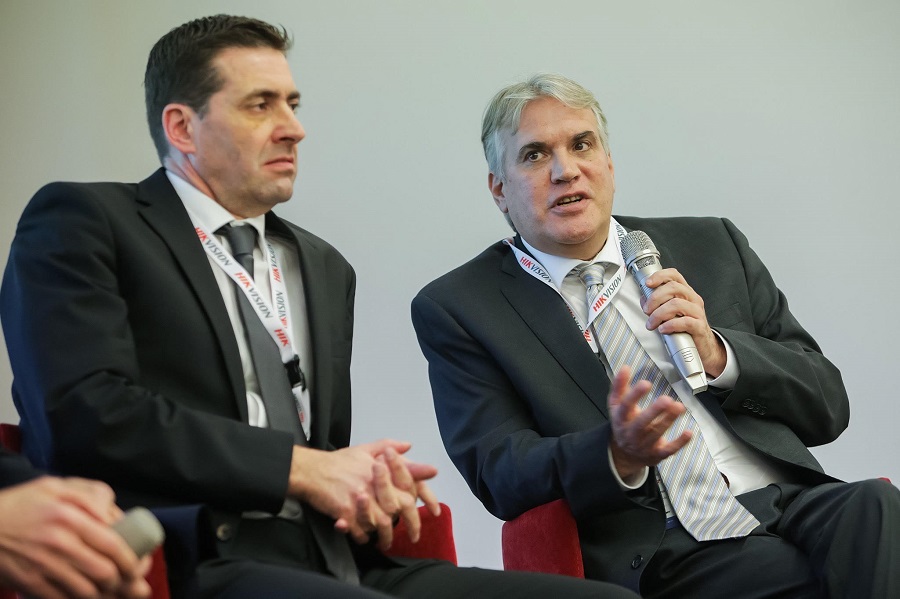
“In all honesty, business is all about the bottom line,” he said. “Our clients get over 100 years of combined international expertise for the price of a cleaner. We don’t lock clients into contracts, so they only keep us if they see value. It’s that simple: No money, no honey!”
Indeed, Venatus Jones is growing and its client base is more than impressive.
Bagatin Clinic was Venatus Jones’ first client, while other notable partnerships were forged with the Museum of Illusions, cosmetics upstart Skintegra, paper conglomerate Velpapir, restaurant chain Curry Bowl, hotel app RoomOrders, chocolate confectionary Vrsna and scientific research centre Rudjer Boskovic.
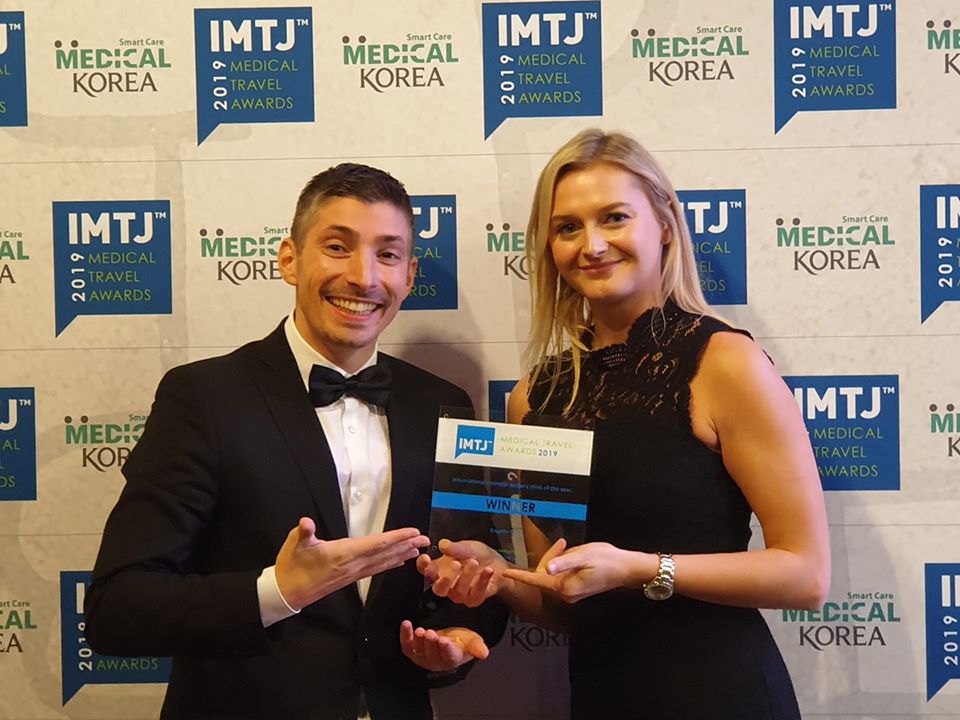
(Bagatin Clinic was the first client of Ventus Jones – here they are in Berlin at IMTJ 2019, having just won International Cosmetic Surgery Clinic of the Year – full story here.)
“Most of our clients are unknown and will remain under the radar, yet we particularly enjoy working for them, fixing common problems and identifying potential for growth,” Eugene said. “Our job is like a relationship, you work hard to gain trust and build respect. Business owners usually have dependent families closely involved in the company so positive results and success goes beyond professional satisfaction, it feels like we are helping more than just individuals.”
Gerhard, who has worked for USAID in Kosovo and other development agencies in the Balkans believes the Venatus Jones model will expand into neighbouring countries, which are experiencing difficulties overcoming the same socialist legacies as Croatia.
“It’s likely we will experience a labour shortage mid to late next year,” Gerhard said, revealing plans to recruit more staff from diaspora. “We want to be a bridge between the homeland and Croatian immigrants. Hopefully this will lead to securing an investor interested in high social as well as financial return.”
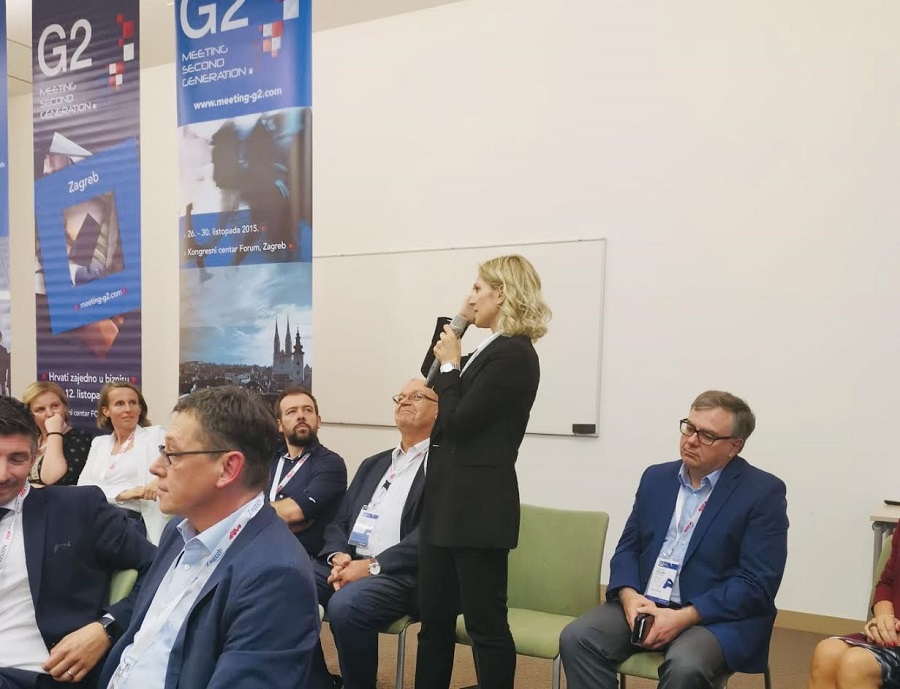
We have a project in mind, to provide a job, salary and shelter as soon as new employees arrive to Croatia, so they have all the necessary prerequisites to successfully assimilate to Croatian life.” he said.
“Off the plane, straight to your apartment and work on Monday morning,” Gerhard concluded. “We need more German efficiency!”


